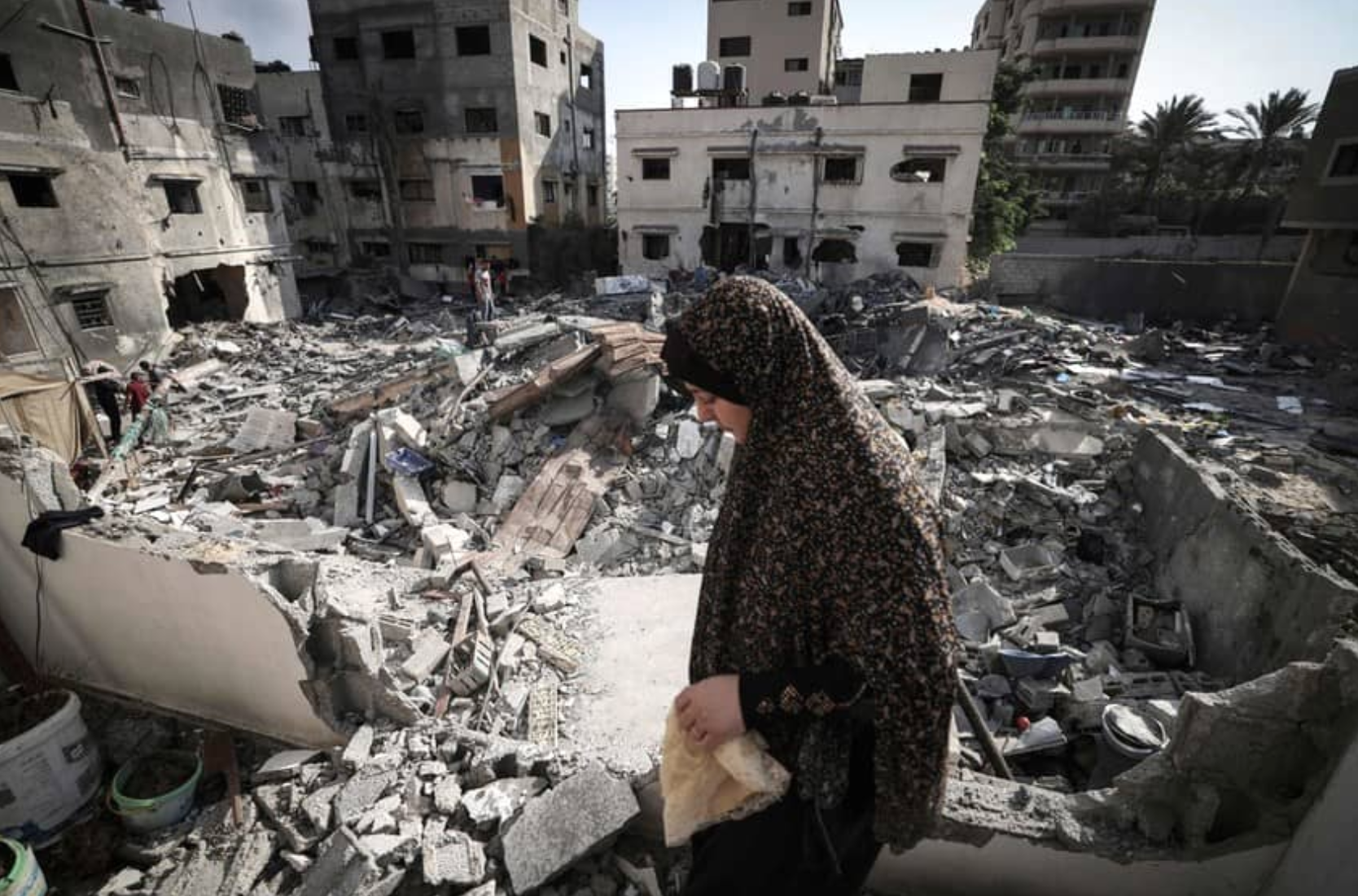Every war is a human defeat. It means that human beings have failed to find a peaceful way to resolve their differences. But there is a type of war that takes this moral defeat to paroxysm. These are unwinnable wars, that is, wars that are impossible to win. Unless, of course, the total physical liquidation of the antagonist is achieved.
Such wars tend to become entrenched and ready for a new explosion of destruction and death. And if they do not find a stable way out of the conflict, the idea that it will be possible to find a definitive solution on the battlefield is nothing but a mirage. Some armed conflicts have managed to find such a solution, after much death and suffering, as was the case with the Irish War. But others, even the most current ones, such as the case in Ukraine, are of the unwinnable war type. Something that is well associated with its durability vocation.
The armed conflict between Palestinians and Israelis is the paradigm of this type of war. Once the constituent bases of the confrontation have been established, there are only two practical options: the complete destruction of one of the contending parties or a negotiated agreement, even if it is not completely satisfactory for anyone. Indeed, that first option was what Orthodox Jews were referring to when they called on Netanyahu to “go into Gaza to solve the problem once and for all”. One cannot claim that it is possible to distinguish Hamas militants from the Palestinian population living in Gaza. The only way to prevent the eight-year-old boy living in that occupied territory from being a Hamas militant tomorrow is to wipe him off the map. It is this radical narrative that leads to hitting the Palestinian population so hard that they never forget the cost of aggression against Israel. In this context, the complete destruction of a hospital, filled with sick and wounded people, fits perfectly into this relentless logic.
However, from the opposite side, making your life meaningful only if you dedicate it to the destruction of Israel is also part of the same logic. In this case, the use of state-of-the-art weapons, especially drones, to provoke the elevation of the historical confrontation fits perfectly well. The destruction of Israel is as illusory as the refusal to accept the establishment of a Palestinian state.
As a participant in a mediation mission in the 1980s, I had the opportunity to listen to Yasser Arafat tell us where his house in Bethlehem was before Israeli settlers seized it. And I could see that the exchange of ideas with the generations of Jews who had lived through the concentration camps went on forever. This, up to the moment the speaker came to his last argument, rolling up his shirt sleeve to show me the number engraved on his forearm.
The solution to the conflict has already been established by the international community, through the United Nations resolution that proposes the establishment of two states. But neither side is willing to accept it in its entirety. Israel argues that this would worsen its security, which the United States supports for geopolitical as well as domestic reasons. And the Palestinian side remains completely divided on the matter. Hamas will never get over the old demand for a return to the situation before the establishment of the State of Israel.
It has long been my conclusion about this conflict that having suffered dreadful persecution or discrimination does not give anyone a moral carte blanche to relate to the world. There is no ethical justification for using terror as a political tool or using against others the dreadful experience of the concentration camps. The terrorized can become masters of terror and the persecuted can become the most heinous persecutors. The international community must help the contenders find a way to negotiate, starting by breaking with the victimizing rhetoric of both. Distancing oneself from such rhetoric facilitates the freedom to condemn any condemnable action by either side. Today, when Brazil presides over the UN Security Council for this month, it seems appropriate to promote actions of a humanitarian nature and to adhere to the agreements and resolutions already established between the parties. Even if the United States exercises its veto in the Security Council, placing the defense of Israel above any other criteria.
*Translated by Janaína Ruviaro da Silva from the original in Spanish.
Autor
Enrique Gomáriz Moraga has been researcher at FLACSO in Chile and other countries in the region. He was a consultant for international agencies (UNDP, IDRC, IDB). He studied Political Sociology at the Univ. of Leeds (England) wit R. Miliband.











